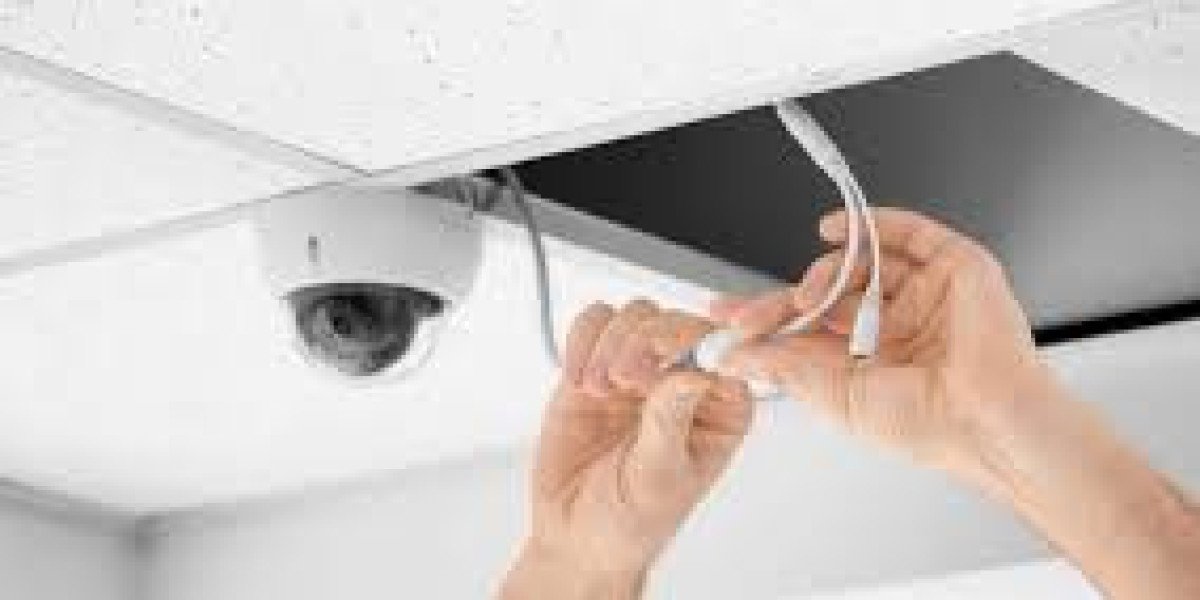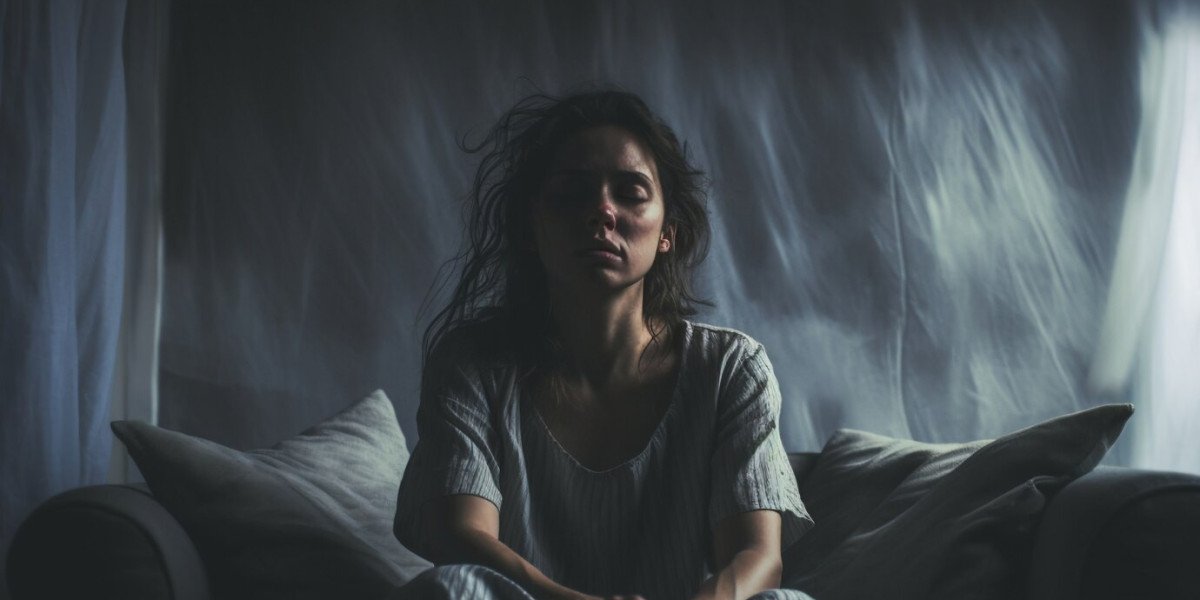Security cameras are an essential part of any surveillance system, providing protection for homes and businesses alike. However, a common issue that can compromise their performance is faulty wiring. If your security cameras are not functioning as expected, the problem might lie in the security camera wiring. Understanding the causes of wiring failures can help you troubleshoot issues and keep your surveillance system running smoothly.
1. Poor Quality Cables
One of the leading reasons for security camera wiring failure is the use of low-quality cables. Cheap or substandard cables may not be able to handle the necessary power and data transmission, leading to weak signals or complete disconnection. It is crucial to invest in high-quality, shielded cables designed specifically for security cameras to ensure reliable performance.
2. Incorrect Installation
Improper installation is another major cause of wiring issues. If cables are not correctly secured, they can become loose over time, resulting in intermittent connectivity problems. Additionally, sharp bends, twists, or excessive pulling during installation can damage the internal wiring, causing signal loss. Hiring a professional installer or following manufacturer guidelines can help prevent these issues.
3. Exposure to Harsh Weather Conditions
Outdoor security cameras are often exposed to extreme weather conditions, including rain, snow, and UV rays. If the security camera wiring is not adequately protected, moisture and temperature fluctuations can lead to corrosion or insulation breakdown. Using weatherproof conduits and waterproof connectors can help protect the wiring from environmental damage.
4. Rodent and Pest Damage
Rodents and other pests can chew through security camera wiring, causing significant damage. This is especially common in outdoor setups or areas with high rodent activity. Using protective tubing or conduits and applying pest deterrents can help safeguard your wires against such damage.
5. Power Supply Issues
A fluctuating or inadequate power supply can lead to wiring failures. If the power source is unstable, it can cause the security camera to shut down unexpectedly or produce poor-quality footage. Ensuring a stable power source with surge protectors and using power cables of the correct gauge can prevent these issues.
6. Signal Interference
Electromagnetic interference from nearby electrical devices, Wi-Fi routers, or high-voltage power lines can affect the signal quality of your security camera wiring. To minimize interference, keep camera cables away from electrical wiring and use shielded cables to maintain a clear signal.
7. Aging and Wear Over Time
Like any other electronic component, security camera wiring deteriorates over time. Exposure to environmental factors, repeated flexing, and general wear and tear can lead to degraded performance. Regular maintenance and periodic cable replacement can help maintain optimal functionality.
8. Faulty Connectors and Loose Connections
Even if the cables themselves are in good condition, loose or faulty connectors can cause connection issues. Loose connectors can lead to intermittent signal loss, flickering images, or complete disconnection. Ensuring that all connections are secure and using high-quality connectors can help prevent such problems.
9. Overloading the System
Connecting too many cameras to a single power source or data cable can overload the system, resulting in performance issues. Each camera requires a certain amount of power and bandwidth to function correctly. Distributing power sources appropriately and using dedicated cables for each camera can help avoid overloading the system.
10. Inadequate Grounding
Proper grounding is crucial to prevent electrical surges from damaging your security camera wiring. Without adequate grounding, lightning strikes or power surges can fry your system. Installing surge protectors and ensuring proper grounding can help protect your wiring and equipment.
How to Prevent Security Camera Wiring Failures
To avoid wiring issues, consider the following tips:
Use High-Quality Cables: Invest in cables specifically designed for security cameras to ensure reliable performance.
Protect Outdoor Wiring: Use weatherproof conduits and waterproof connectors to shield cables from harsh weather conditions.
Secure Cables Properly: Avoid sharp bends, excessive pulling, and loose connections during installation.
Regular Maintenance: Inspect and replace aging or damaged cables periodically.
Prevent Rodent Damage: Use protective tubing and apply deterrents to keep pests away.
Ensure a Stable Power Supply: Use surge protectors and proper power distribution to prevent voltage fluctuations.
Minimize Interference: Keep security camera wiring away from high-voltage power lines and electronic devices.
Conclusion
Faulty security camera wiring can compromise the effectiveness of your surveillance system. By understanding the common causes of wiring failures and taking proactive measures to prevent them, you can ensure that your security cameras operate reliably. Whether it’s investing in high-quality cables, protecting wiring from environmental factors, or ensuring proper installation, taking the right steps will keep your surveillance system in top condition for years to come.








